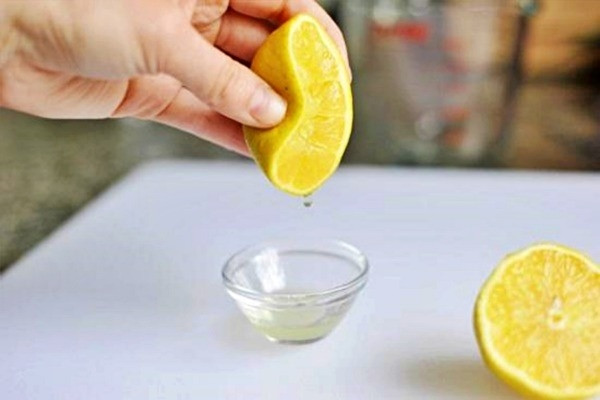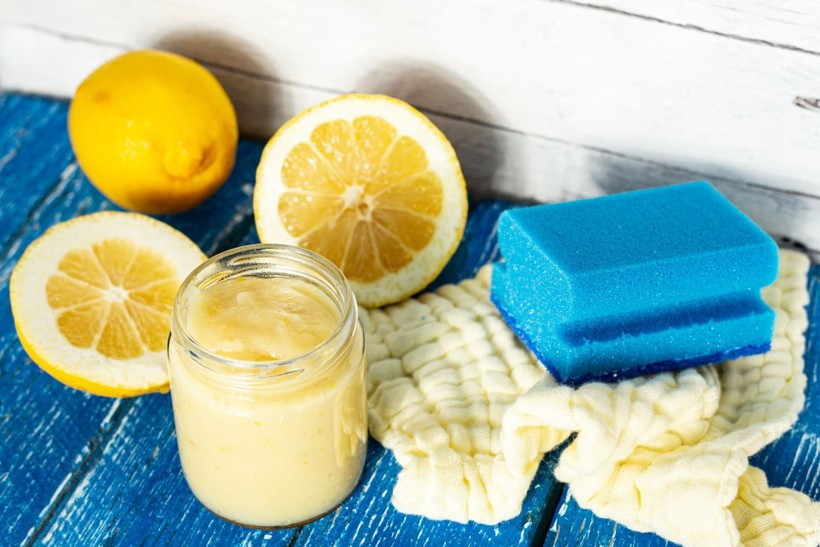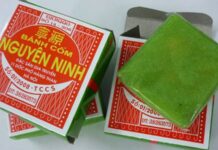Lemon rind is not only edible but also packed with a zesty aroma and high levels of vitamin C, making it a popular ingredient in both sweet and savory dishes.
Just a small amount of lemon rind can make a big difference to the overall flavor and fragrance of a dish.
Here are some tips for incorporating lemon rind into your cooking, along with storage methods if you’re not ready to use it right away.
Frozen Lemon Rind for Cooking
Since most recipes call for a small amount of lemon rind, you may feel wasteful if you don’t use the rest of the fruit. In this case, try freezing the lemon rind for later use.
If you don’t have much space in your freezer, try grating the lemon rind before using it, and then freezing the grated rind.
Store it in a ziplock bag to easily break off pieces of the frozen rind. If you still have trouble, gently tap the bag with a hammer.
Dried Lemon Rind for Cooking
Another way to preserve lemon rind is by drying it. You can do this by cutting the rind into strips and air-drying them for 2-3 days or placing them in an oven at 200°F (100°C) for 25-30 minutes.
Store the dried rind in a labeled glass jar, and it will last up to three years. Dried lemon rind is commonly used to flavor various dishes, but it works best in fruit cakes and tea.
Make Lemon Sugar
Lemon sugar is a creative way to add a zesty, citrusy flavor to cakes, cookies, and other baked goods.
It’s incredibly easy to make, and if you prepare a large batch in advance, all those delicious lemon oils will have more time to infuse the sugar.
To make lemon sugar at home, simply measure some sugar into an airtight container and grate lemon rind directly into it.
Use the rind of one lemon for every 2 to 3 cups of sugar, and stir until everything is well combined.
Let it sit for about an hour to allow the oils to dry, then seal and store it away until you need it.
Make Lemon Extract
If you need a sugar-free lemon flavor, you can also use lemon rind to make a homemade lemon extract. This works great in savory dishes such as sauces for poultry or fish.
Choose a jar that can accommodate ¾ of lemon rind when packed and place the rind inside. Fill the jar with 80 to 100-proof vodka or food-grade glycerin, seal it, and shake well.
Store the jar in a dark place for 4 to 6 weeks to let the flavors develop, shaking it a few times a week. This process may take longer if you use glycerin.
When the liquid has reached your desired strength, filter out the lemon rind and funnel the liquid into a clean bottle.
Make Lemon Pepper Seasoning
Lemon and pepper are a classic combination for poultry and fish. This blend creates the perfect flavor profile to enhance your dishes.
You can make it by sprinkling the rind of 5 large lemons onto a baking tray and adding ⅓ cup of crushed black peppercorns.
Spread it evenly on the tray and bake at the lowest temperature until the rind is completely dry.
Next, put the mixture into a spice grinder and grind it to a medium consistency, then mix it with ¼ cup of salt. Store the seasoning in an airtight container.
Make an All-Purpose Cleaner
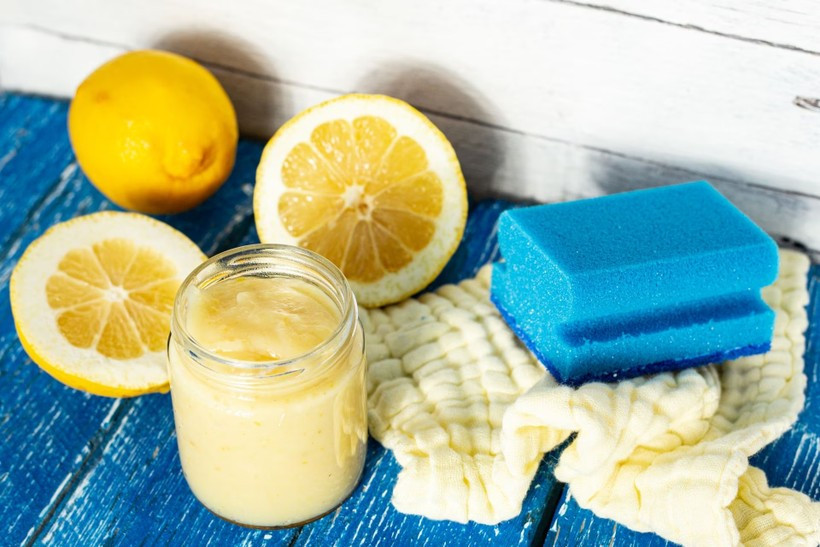 |
| Lemon is a fantastic natural cleaner. (Photo: ITN) |
Lemon juice is a fantastic natural cleaner. It can cut through grease, disinfect surfaces, and leave everything smelling fresh.
To make an all-purpose cleaner from leftover lemon rind, try combining it with white vinegar. Fill a glass jar with lemon rind and vinegar, then let it sit for two weeks to allow the mixture to ferment.
Strain the mixture and pour the lemon-infused vinegar into a spray bottle. Fill the rest of the bottle with water, shake well to combine, and you’ve got your very own cleaner made from 100% natural ingredients.
Freshen Up Your Home
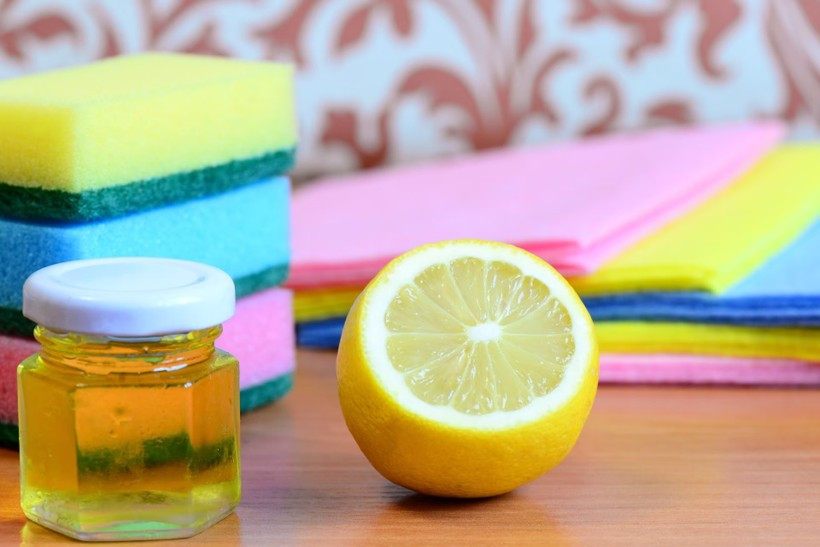 |
| If you want your home to smell like fresh citrus, you can use leftover lemon rind as a natural room freshener. (Photo: ITN) |
Lemon has a wonderful, clean aroma, and if you want your home to smell like fresh citrus, you can use leftover lemon rind as a natural room freshener.
Simply place lemon rind in small bowls around your home, and your space will soon be filled with the scent of a sunny lemon grove.
Clean Your Sink and Bathtub
Baking soda and lemon rind make a great natural cleaning solution. For a sparkling clean bathroom, sprinkle some baking soda on your sink or bathtub, then scrub it with the cut side of a lemon.
These two ingredients create a chemical reaction that breaks down stains and water spots while making your bathroom surfaces shine.
Remove Odors from Your Hands
If you cook a lot with garlic or onions, you know how difficult it is to get rid of the smell on your hands. No matter how much you scrub with soap and water, the odor seems to linger. However, lemon rind can come to your rescue.
All you need to do is rub your hands with lemon rind, paying special attention to your fingers and under your nails, and your hands will be left smelling fresh and lemony.
Source: GD&TĐ

4 Ways Cleaning Can Save You Money

Tips for Choosing the Perfect Kitchen Cabinets for Your Home
